
Family medicine physician Saroj Misra shares his enthusiasm for Michigan while also touching on the challenges he faces every day.

Family medicine physician Saroj Misra shares his enthusiasm for Michigan while also touching on the challenges he faces every day.
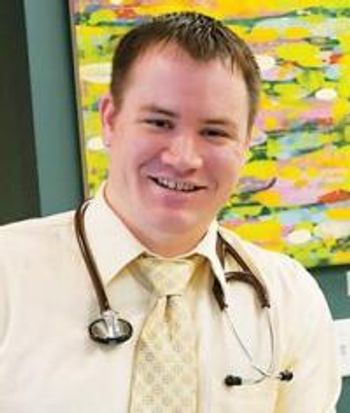
Family physician Josh Umbehr shares his perspective on practicing medicine in the state of Kansas.

Kentucky native and family physician Kathy Nieder shares her enthusiasm for the Bluegrass State, and Louisville in particular.
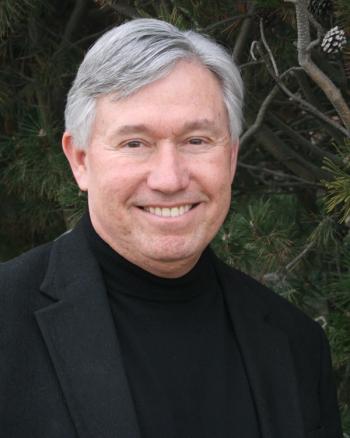
Family physician Ted Epperly shares his perspective on practicing medicine in the state of Idaho.
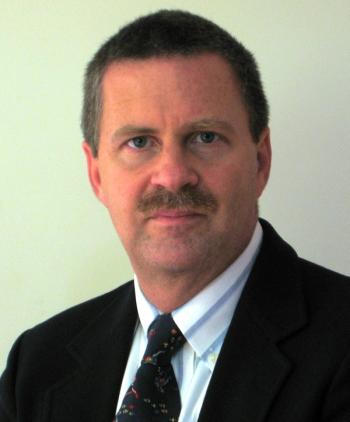
Internist Douglas A. Gerard discusses why practicing in Connecticut makes for a happy physician despite high taxes and other challenges.
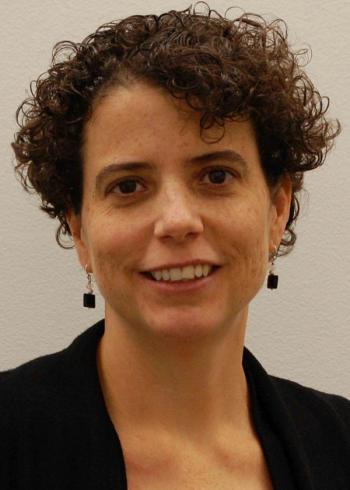
Allergist/immunologist Melinda Rathkopf shares her perspective on practicing medicine in the state of Alaska.
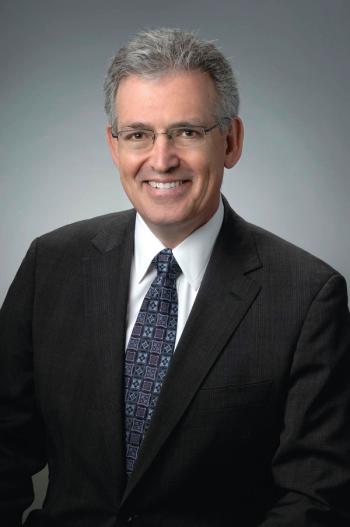
A conversation with Wayne Lipton, founder of Concierge Choice Physicians LLC, on what hybrid concierge is and why physicians might want to consider it.
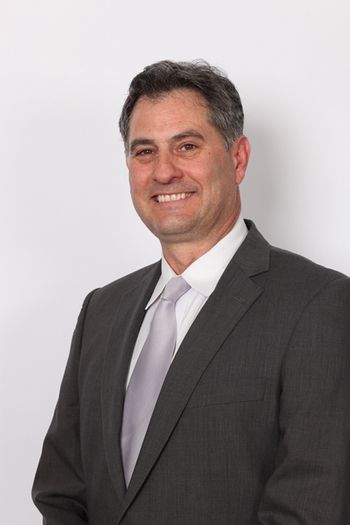
By taking charge, tapping into technology, and implementing changes, chiropractor Jeff Robichaud lowered patient no-shows at his Massachusetts practice.
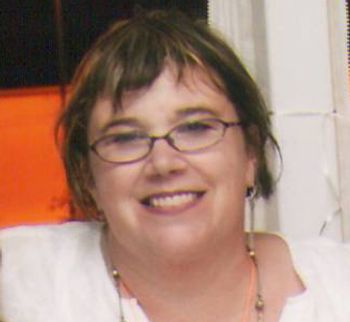
In this podcast, healthcare expert Laurie Morgan discusses key trends and challenges highlighted in our Great American Physician Survey, Sponsored by Kareo.

In this podcast, one physician discusses the advantages of mobile e-visits, as well as some of the challenges physicians may experience getting started.
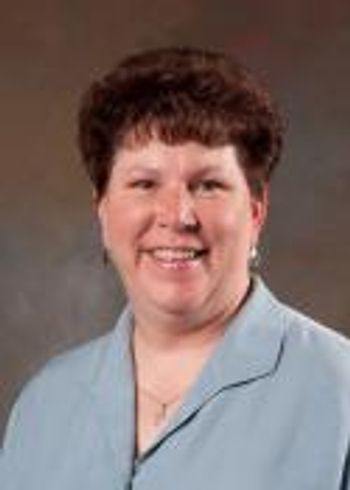
In this podcast from the AHIMA ICD-10 summit in Baltimore, coding expert Cindy Seel shares how practices can get physicians prepared for the transition.
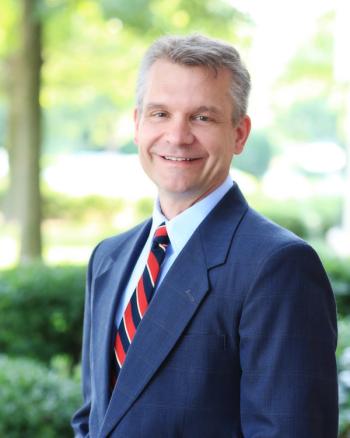

Video is a great way to market your medical practice, and it's not that hard or time consuming to get started.

There are three key elements to increasing the engagement of both patients and physicians in the care continuum, according to a health IT expert and a health system exec.

Health IT expert Sumit Nagpal shares his must-have technology tools for practices hoping to transition from traditional fee-for-service to value-based reimbursement.
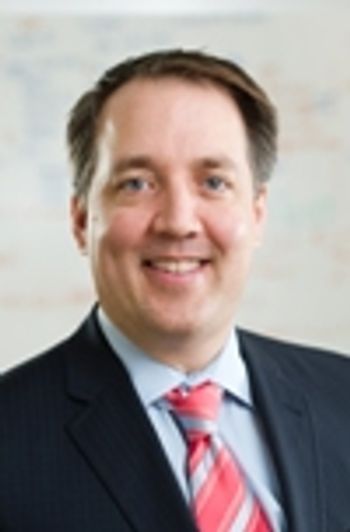
EHR optimization is more than just getting the most out of the technology, says Trenor Williams. It is about the overall improvement of patient care.
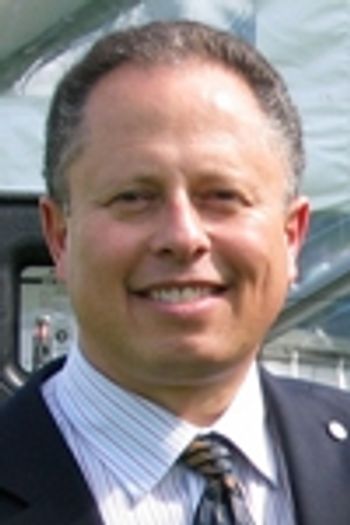
New research indicates that a growing number of physicians are dissatisfied with their current EHR as they strive to meet meaningful use requirements.
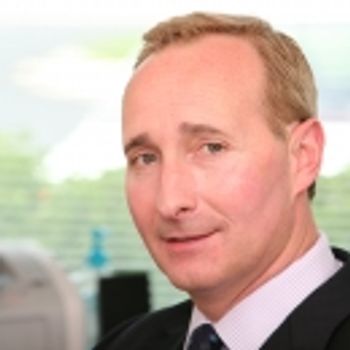
Jay Tolchinsky, principal of national accounts at consulting firm Beacon Partners, provides his pre-EHR implementation tips for practices.

In this podcast, consultant Ronald Sterling notes the critical steps every practice should take to verify the clinical content in its EHR.
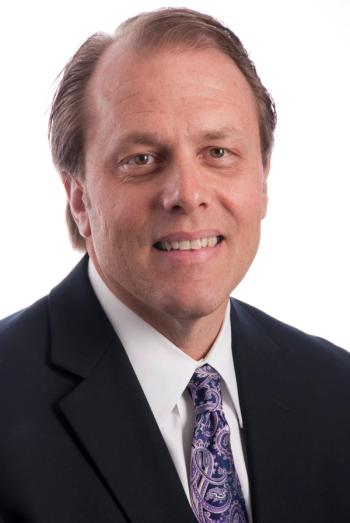
In this podcast, Jeff Brunken, president of physician insurer MGIS, shares important ACO-related liability issues physicians face.
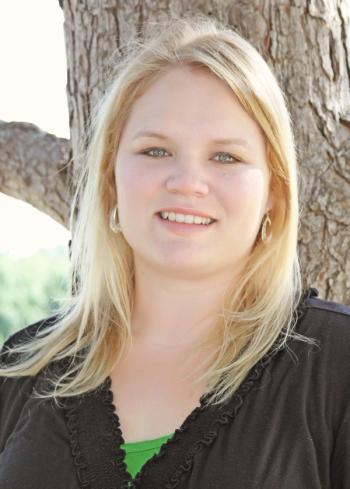
How a marketer could help your practice make big profits in 2012, and how to find a great one.
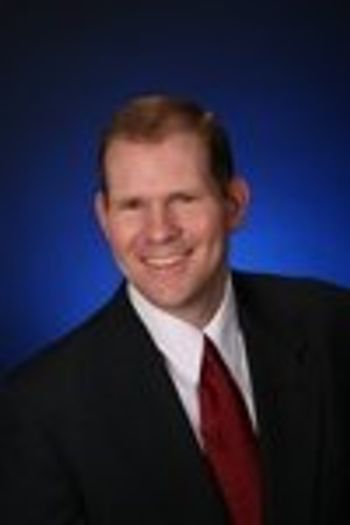
This podcast provides physicians key tips for how to disclose and apologize to patients for medical errors.
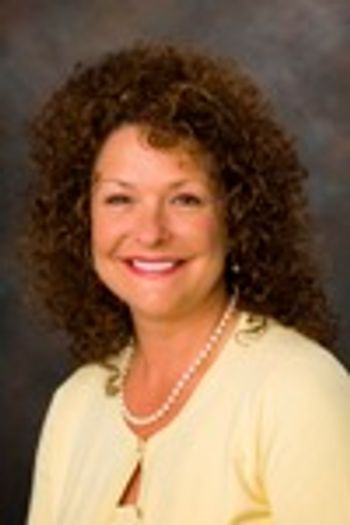
Two healthcare experts weigh in on how staff development and engagement efforts can boost practice revenue.
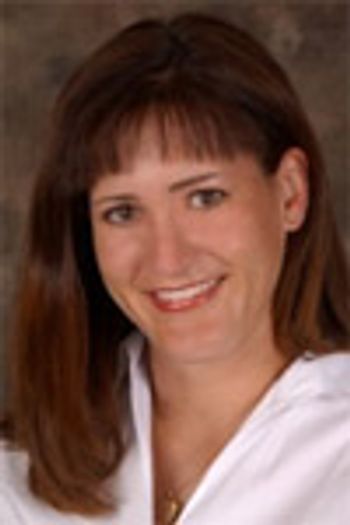
Tips and strategies for medical practices to successfully negotiate payer contracts and monitor payers.
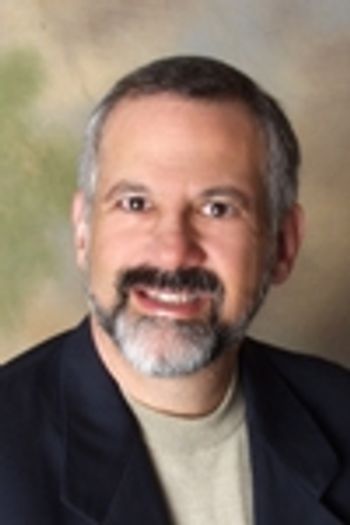
How to use your RVU-based physician compensation formula to promote fairness and profitability at your medical practice.

How to ensure your contract with any vendor includes everything necessary.

Implementing a patient portal is only half the battle. Here's how to get patients to use it.

Juliet Santos, director of business-centered systems for HIMSS, discusses ICD-10 challenges and how technology can help a practice.

In this podcast, healthcare attorney Todd Rodriguez, defines the Civil False Claims Act, identifies common missteps, and provides key compliance tips.

The Federal Anti-Kickback Statute is explained in this podcast by attorney Todd Rodriguez, who identifies common missteps and provides key compliance tips.